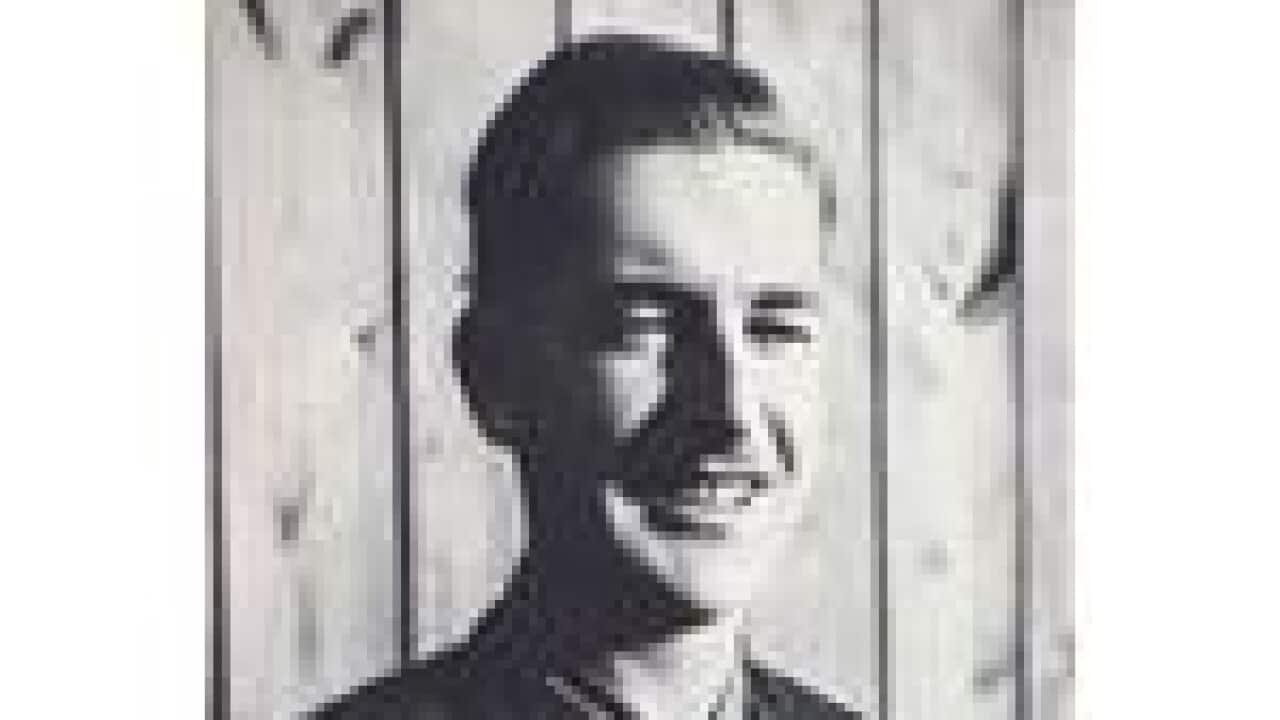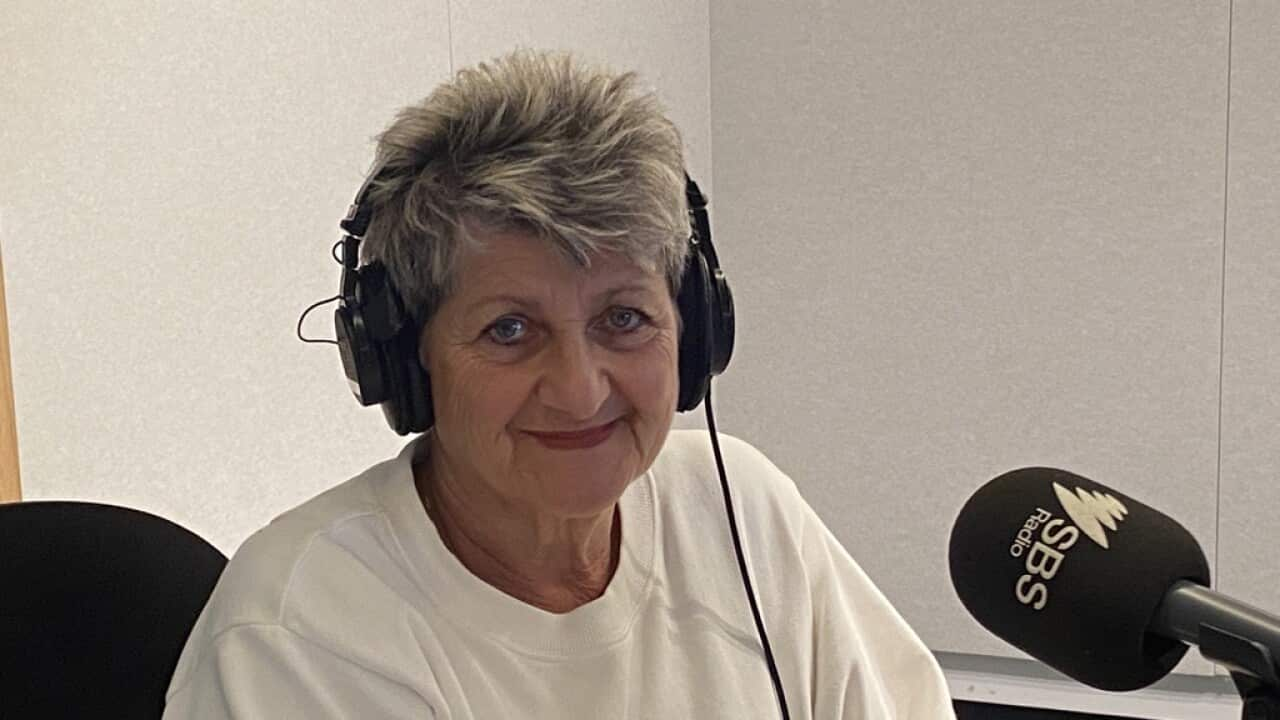Celene Coumaros’ story brings to mind Stratis Doukas’ A prisoner of war's story as she recounts her family’s history.
It started in a village close to Smyrna in September 1922 and it might have been forever lost had it not been for a school project. It was a project that set her on a path of discovery not only of her family’s history but also the millennial old history of Hellenism in Asia Minor.
During the school project Celene Coumaros interviewed her grandfather Kostas, a man who loves a good joke, according to Celene. When he mentioned his uncle’s memoirs and the copy he received in the 80s, Celene thought it was another one of his jokes.
However, when he produced the handwritten copy Celene realised that there’s more to the story of her family’s voyage to Australia she had imagined.
The memoirs were a detailed account of Ioannis Gatzolis’ escape from the menacing neo-Turks in September 1922 when he, his brother, his younger sister – a small child at the time, younger than ten years of age – together with about one hundred other villagers of all ages from a small village close to Vourla had to flee to the mountains “with nothing but the clothes on their backs” to save their lives.
Celene Coumaros, a third generation Greek-Australian, tells the story in fluent Greek.
She credits her mother, Cathy, for her good knowledge of the ancestral language that allowed her to read her great-uncle’s memoirs without having to rely on a translation.
Her paternal great- grandfather’s family lived in the village of Gioulbaxe, which means “rose garden” or “nice garden”. According to Ioannis Gatzolis’ memoir, the fate of the village's Greek inhabitants in 1922 was anything but nice,
In one chapter, he tells the story of his brother Manolis and his escape from Gioulbaxe with his little sister, Eleni, and about 100 other villagers through the mountains where they evaded the Turkish soldiers, ate when they found food and quenched their thirst whenever they found drinkable water.
The inhabitants of Gioubaxe were among those who did not believe the people who shared their land with, the Turks, could show viciousness to the point of extinction, according to Celene Coumaros who studied her great- uncle's memoirs.
Her journey spans one century, three countries and four generations. “These are our stories. It is our duty to tell them. We need to own the narrative” she says.
Celene Coumaros has started researching the history of her grandmother’s family, also refugees from Asia Minor. She is looking forward telling their story.











